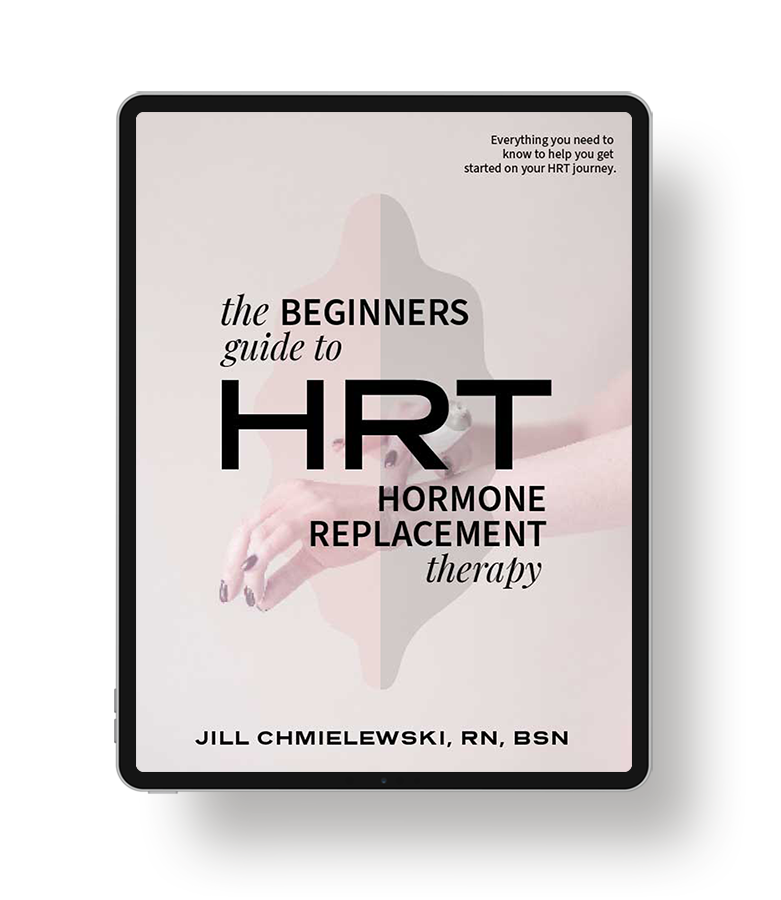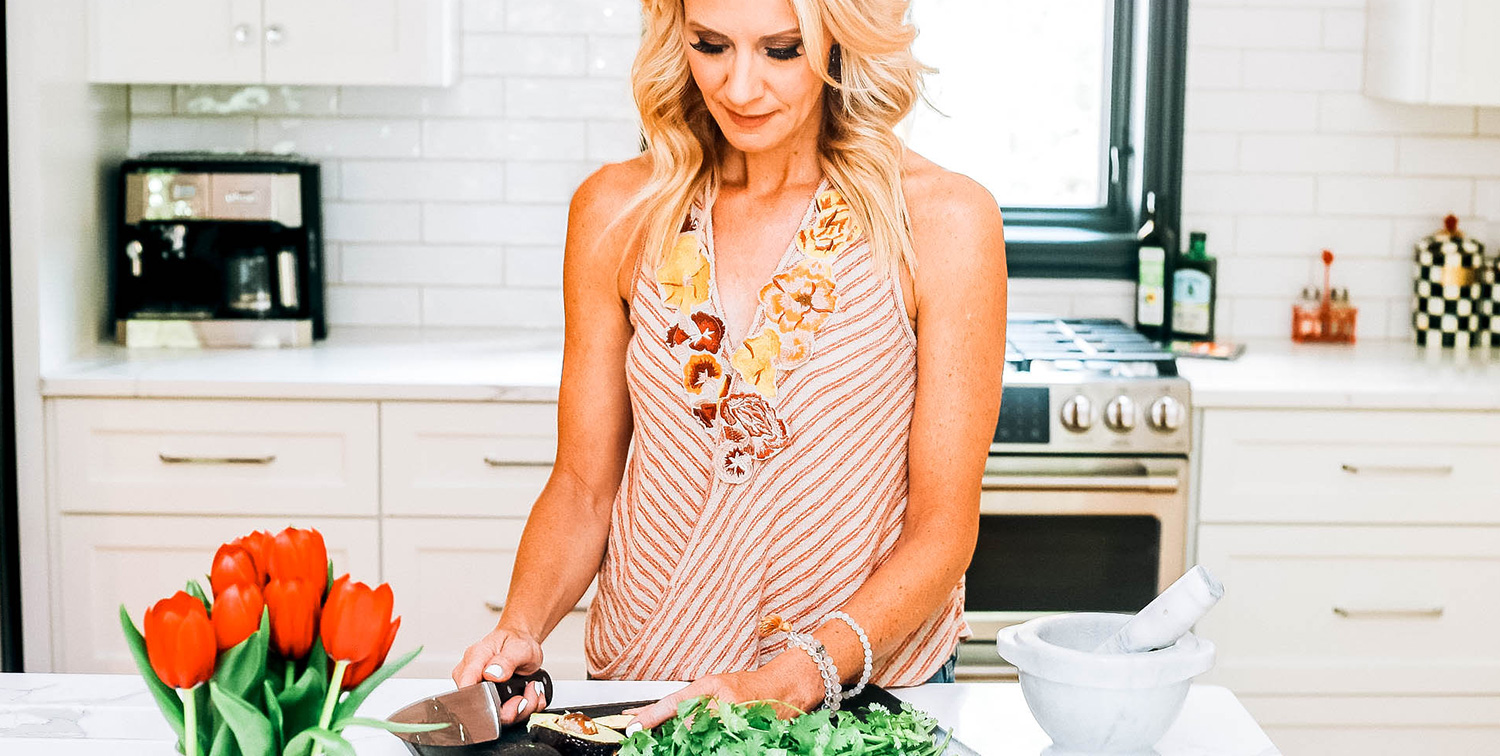The holiday season is here! It’s time to celebrate with friends, family, and best of all FOOD!
Between holiday meals, parties, and the endless treats, it’s nearly impossible to avoid the great influx of yummy food this time of year. Almost everyone gains a pound or two during the holiday season, but those small amounts can add up over time.
Check out these simple tips to help you enjoy this special time of year without feeling like you need to crash diet in the new year.
1. Don’t go to the party hungry.
Many people tend to skip meals to save their calories for weekend events. Research shows that when we skip meals or skimp on meals throughout the day, we tend to make up for it that night, and we ultimately eat more overall. Plan ahead for parties by eating a light meal beforehand with enough protein, vegetables and whole grains to keep you satisfied all night long.
2. Include protein in your meals on the day of your holiday party.
Incorporating protein into our meals throughout the day keeps our blood sugar steady and leaves us feeling more satisfied, making those sugar and carb-heavy party-foods less tempting.
3. Double-up on drinks.
When you arrive at a party, start with a non-alcoholic drink to quench your thirst. Then have a glass of wine, champagne, or cocktail, but always alternate with zero-calorie liquids such as water or club soda. You’ll feel much better for it at the end of the night, and the next day.
4. Bringing a dish to share.
Take a dish that you know you can fill up on at holiday gatherings, such as shrimp with cocktail sauce, fresh vegetables and fruit, a delicious salad or turkey meatballs. When you bring your own healthy food, you can rest easy that there’s something there for you to eat, guilt-free. If you are bringing a dessert, cut it into 16 small slices rather than 10 enormous pieces.
5. Watch your portions.
Remember that just because it’s a holiday, it doesn’t mean that portions don’t exist. Portions are the same on holidays and at holiday events as they are any other day of the week. Load up on healthier real foods and veggies, and lighten up the other areas of your plate.
☞TIP: Your stomach is about the size of your fist. Your stomach can hold about 2 fists of food before it stretches and becomes uncomfortable (this does not include greens, as they are made up mostly of water). Eating two fists of food OR until you are about 80% full will ensure that you do not overeat beyond your stomach’s capacity.
6. Indulge wisely.
Allow yourself to enjoy those must-have treats that you look forward to all year long—whether it’s eggnog, mashed potatoes, or pecan pie—but keep in mind there’s no need for an all-out binge-fest. Savor a reasonable yet rewarding amount of the holiday foods you absolutely love and remember that no single meal will wreck your waistline.
7. Eat only what you love.
Don’t resist the urge to splurge, but do be a discriminating diner. When presented with a table packed with goodies, scan the options for one or two higher-calorie seasonal foods you absolutely must have, like eggnog or mashed potatoes. Take small portions of your favorites, as the first few bites of any food pack the most pleasure.
8. Trick yourself.
Research suggests that dining from a smaller plate — 9 inches is ideal — makes it seem like you’re eating more so that you won’t feel deprived.
9. Trying to eat healthily but feeling the peer pressure to give in?
It’s tough to say “no” to your boss or mother-in-law, so when they offer a treat, tell them thank you and take it. Say it looks delicious, but you’ve just eaten, then wrap it up for later—and if it ends up in the trash, that’s okay!
10. Recover the day after.
To overcome that bloated “food hangover” feeling that follows a holiday overeating, eat a normal breakfast with protein, such as yogurt or eggs, the next morning. The rest of the day, avoid refined carbs and drink lots of water (at least eight to 10 glasses to help flush out the sodium from those heavy foods). Fill up on “clean” foods like fruits, veggies, and more protein. Whatever you do, don’t ‘punish’ yourself the next day.
You don’t need to start a crash diet just because you had one too many pieces of pie or one too many drinks. Every time you eat is a new opportunity to change your eating habits – just move forward with healthier choices the next time, and get back into your normal food and exercise routine.





